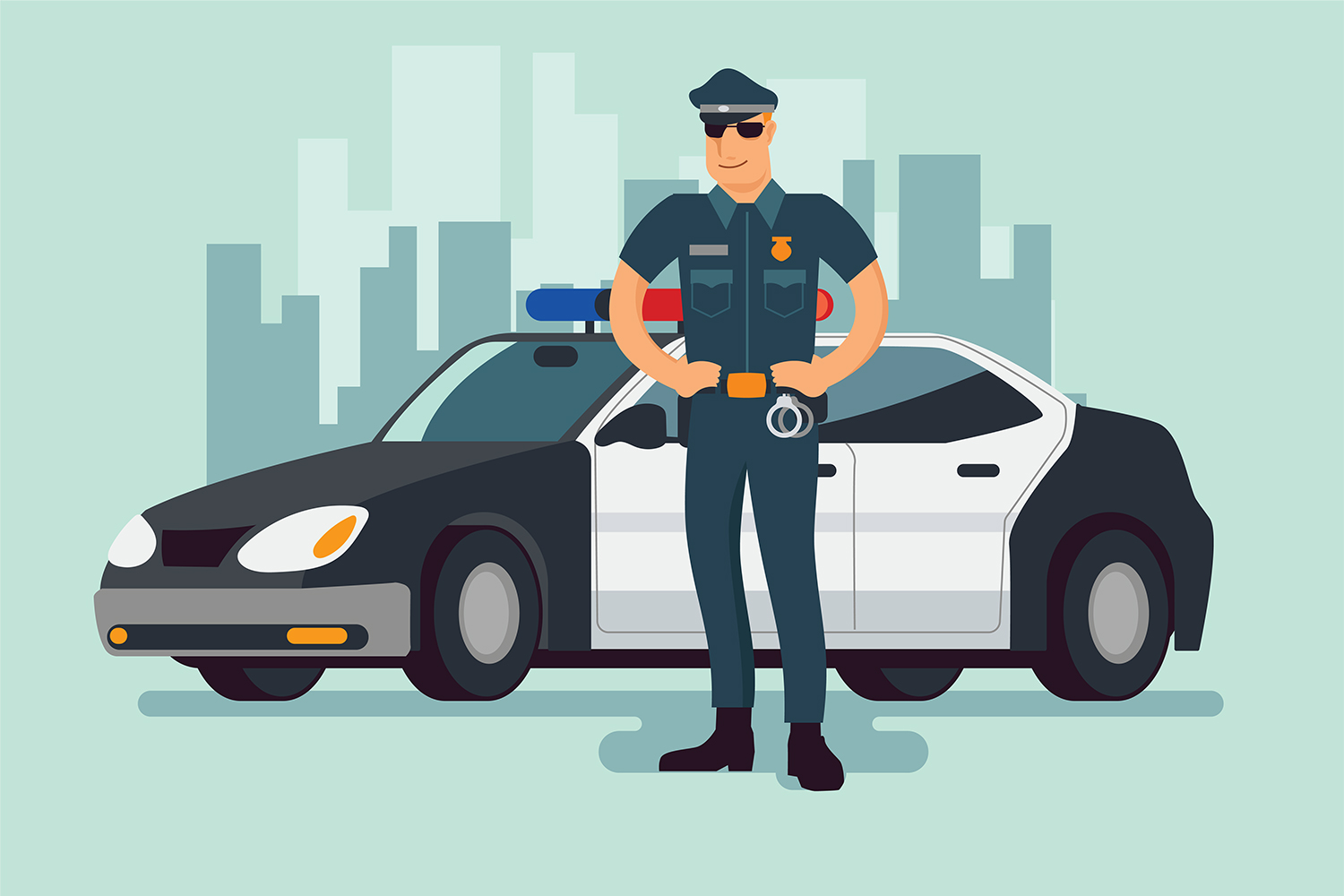Table of contents
Ever found yourself in a car scrape and wondered if it’s time to bring the fuzz into the picture? It’s like suddenly standing at a crossroads with no street signs.
Do we need to get the badges involved every single time metal gets cozy with metal, or can we just shake on it and go about our day? Keep reading, as this article will explore some key things you should consider before deciding whether or not to dial up those sirens after an auto altercation.

1. Legal Requirements
The rules for calling the cops after a car accident vary based on where you live or where the accident happened. Some states or countries require you to ring the police even for low-speed collisions, while others are more chill, allowing those involved in a fender bender to sort things between themselves, as long as there’s no big drama – crashes or injuries.
So, check your local laws and get the 411 on when to call the police. Failure to comply could mean landing in hot water later when insurance companies or courts jump into the mix.
2. Insurer Disputes Resolution
Battle of the Insurers could totally be a TV show if insurance claims weren’t, well, kinda snoozeville for most. But here’s where it gets real: sometimes insurers throw down over who’s footing the bill – like two dogs with one bone. It’s your carrier vs theirs, and without a police report as your trusty shield, you’re stepping into the ring unarmed.
That little piece of official paper can swing the verdict big time since it’s got the juicy details everyone needs to hash out who pays what. Toting a detailed police report to this standoff is like bringing VIP backstage passes to a rock concert – you get straight through all the drama.
But even with the police report, ensure you report a car accident to your insurance carrier on time. A good rule of thumb is to check your policy about reporting timelines so you don’t miss any tight deadlines they’ve set – insurers aren’t fans of late homework!
3. The Switcheroo Scenario
Accidents can turn folks into Broadway stars, acting innocent at first and then flipping the script when money’s on the line. Picture exchanging info after a fender bender, thinking you’re in the clear – but later, surprise! The other driver’s start singing a whole new tune about their aches and car damage.
When that happens without an official report, it’s like your word against theirs – spinning a he-said-she-said tale that can get really messy. So, it is always best if you get a police report to lock down the story and ensure there are no encores or plot twists once you’ve left the scene.
4. Witness Factor
Witnesses are your BFFs when accidents happen. They’re like living, breathing receipts of what actually went down. Without an officer to play scribe for their accounts, though, it’s about as solid as a pinky promise.
Think of them like those folks who catch a viral moment on video. They’ve got the power to back up your version if things go sideways in insurance claim battles or if you end up duking it out in court. Cops help reel these good Samaritans in and make their statements official – which can be clutch when memory games start later.
5. Hit-and-Run Protocol
Hit-and-runs are like ugly breakups – someone leaves without saying goodbye, and you’re left with the damage. If your car gets hit while parked or the other driver peaces out, don’t hesitate to call the police faster than you can say, “Not cool, dude.”
Having cops on board means they’ll whip out their detective hats and try to track down the runaway driver. Plus, their reports give your insurance claim some serious muscles, so you’re not left footing repair bills alone. Remember: in hit-and-run scenarios, it’s always game time for law enforcement – no ifs, ands, or buts about it.
6. Hidden Damages Might Emerge Later
Just because your car’s not crying on the outside doesn’t mean it’s all party time under the hood. Sometimes, a seemingly chill fender tap can be a sneak attack – covert ops style – with damage that creeps up like a bad plot twist.
If you play it cool and keep the police off the guest list, don’t be shocked if later your ride throws a hissy fit with hidden issues that could cost ya big. So even for minor bumps, having cops check out the scene can save you from future headaches when your car decides to hit you with those “surprise repair bills” blues.
Conclusion
There you have them: the ins and outs of when to call the cops post-car kiss. Next time you hear that unfortunate crunch of car-on-car, keep these points in your glovebox of knowledge.
Whether you find yourself dealing with hit-and-runs, witness accounts, or just snapping evidence for the ‘Gram – remember, sometimes involving patrol pals can mean smoother sailing down Insurance Claim River. Drive safe out there, and may your decision-making be as sharp as a new set of wiper blades!
